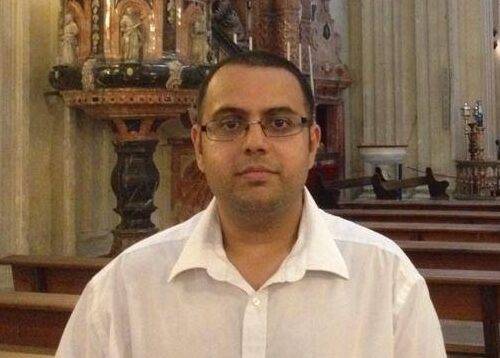MEMO conversation live caught up with Mauritanian opposition activists, Middle East and North African consultant and entrepreneur Nasser Weddady.
We opened with a discussion on the prosecution of former President Mohamed Ould Abdel Aziz who, after stepping down in 2019, has faced charges of corruption. As Weddady explains, the former president had been acquiring assets for years including large real estate holdings. According to Weddady, Abdel Aziz redirected state assets and policies to favour his business interests and was directly profiting from the state.
In 2019, President Abdel Aziz came to the end of his second term and was mandated to step down by the constitution, but then “there was a maneuver where he tried to appear to be abiding by the constitution, but at the same time goading his parliamentary base, this is the State party, to start agitating and campaigning for a third term, for a constitutional amendment, and they actually started doing it. But then the real master came in which was the military and they were like absolutely not,” Weddady explained.
While the new administration that replaced Abdel Aziz led by Mohamed Ould Ghazouani has pledged to crackdown on official graft and to reform the economy, Weddady urges caution here as to whether the government actually plans to carry out its promise.
The conversation moved onto Mauritania’s place in the geopolitical struggles in West and North Africa and British investment. “For the longest time Mauritanians complained a lot about having to go to Morocco to try to get an entry visa to the UK, which not everyone got anyway, plus until very recently, until the rise of the Anglophones cause there is such a phenomenon in Mauritania…no one had any interest in having anything to do with the UK…then Mauritanians opened an embassy in the UK, about a decade ago, but the UK did not reciprocate immediately. Once British Petroleum, BP…managed to land what is termed to be Africa’s future biggest or second biggest natural gas reserves, that’s when the British Embassy got opened….of course there is a reasonable case to be made for Britain to want to have a foothold here because of the situation in neighbouring Mali and Western Sahara.”
Mauritania plays a critical role in the West and North Africa region and as the discussion demonstrated, the importance of the country is only growing due its location and natural resources. It remains misunderstood but has much to offer as MEMO Conversation with Nasser Weddady showed.








